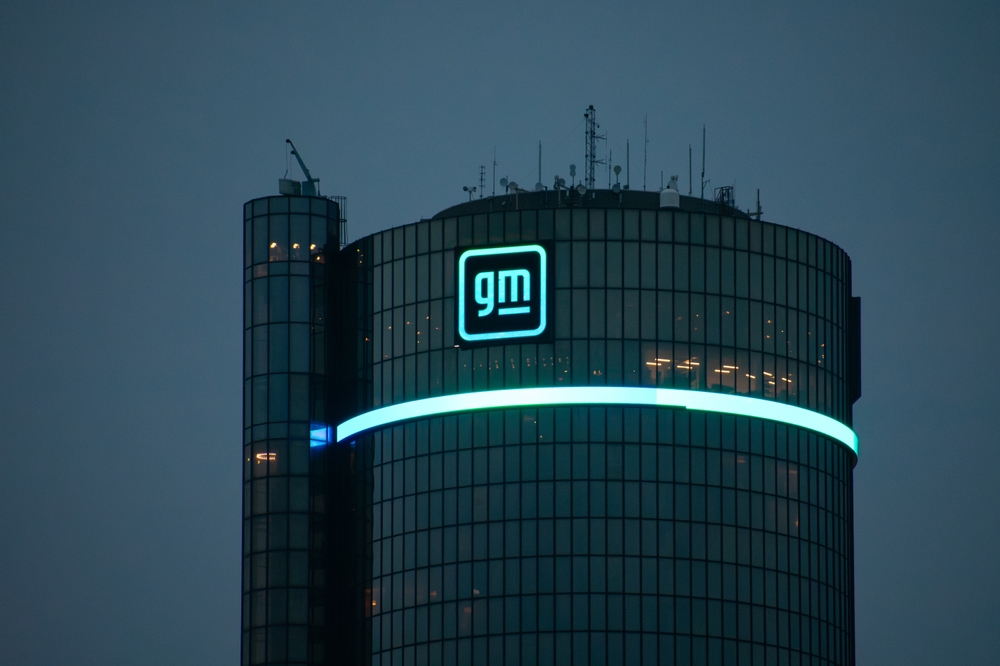General Motors (GM) announced on Wednesday that it will record two significant non-cash charges totaling over $5 billion due to its joint venture operations in China. The charges are linked to restructuring efforts and reflect the declining value of the automaker’s Chinese operations, once a major profit driver.
GM Takes Heavy Charges Amid Restructuring
The automaker revealed it expects charges between $2.6 billion and $2.9 billion for restructuring costs, alongside a $2.7 billion charge to account for reduced valuation in its SAIC-GM joint venture. The restructuring involves “plant closures and portfolio optimization,” though specific details have not been disclosed.
The charges, which will appear in GM’s fourth-quarter earnings, will impact net income but not adjusted results. Following the announcement, GM shares fell 2.7% in premarket trading.
A Declining Presence in China’s Market
GM’s performance in China has deteriorated sharply in recent years. The SAIC-GM joint venture saw sales drop by 59% in the first 11 months of 2023, with only 370,989 vehicles sold. At its peak in 2018, the partnership sold 2 million cars annually. Meanwhile, Chinese automaker BYD dominated the market, selling over ten times the number of vehicles as GM during the same period.
The automaker also reported a $350 million loss in China during the first three quarters of 2023, further highlighting the ongoing challenges in the region.
Fierce Competition and Broader Industry Trends
GM is not the only Western automaker struggling in China. Volkswagen has sought partnerships with local firms like Xpeng Motors to bolster its EV offerings, while Nissan and Ford have scaled back operations. Analysts have suggested that some U.S. automakers, including GM, may need to reconsider their long-term commitment to China given the fierce competition and declining profitability.
What Lies Ahead for GM
Despite the mounting challenges, GM remains committed to restructuring its operations in China without additional cash investments. CEO Mary Barra has expressed optimism about reducing dealer inventory and achieving modest sales improvements by the end of the year. However, the automaker faces an uphill battle in a market increasingly dominated by domestic manufacturers.
GM’s struggles in China underscore the broader difficulties faced by Western automakers in adapting to the evolving automotive landscape, raising questions about their future strategies in the region.







